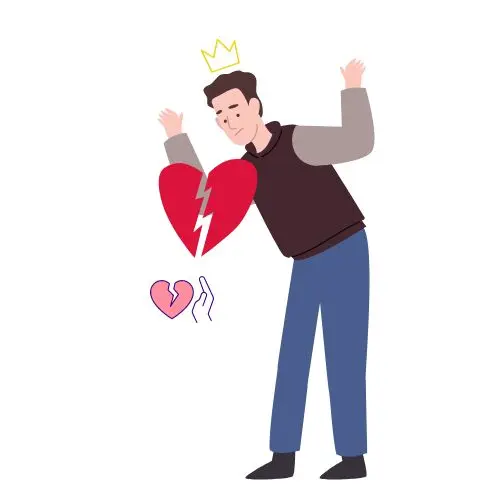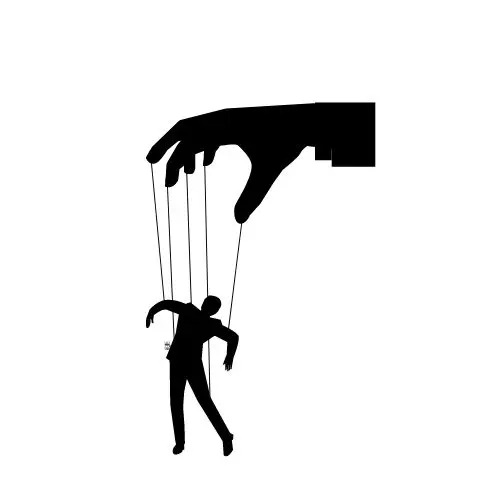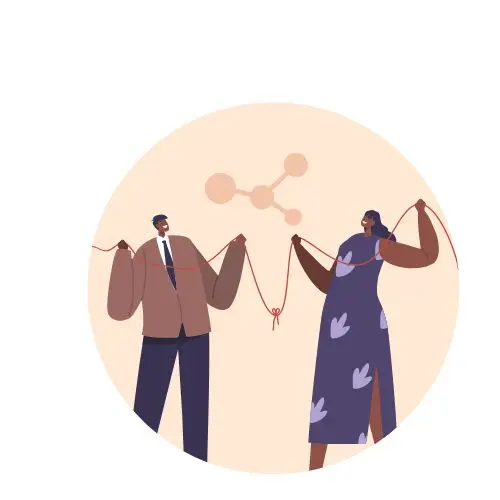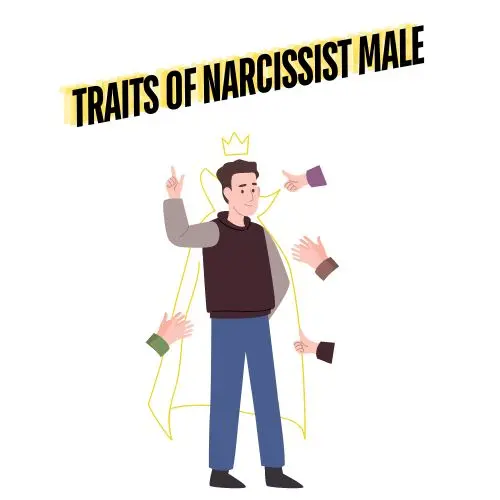Introduction
Toxic masculinity coupled with a narcissistic personality can create some of the most damaging individuals in society. Male narcissists often exhibit certain toxic behaviours and traits that reflect deeply flawed perspectives. However, not all narcissistic men are overtly aware of their disorder due to lingering stigma.
Some defensive mechanisms prevent true self-reflection and change. It becomes important to educate oneself on red flags indicating narcissism. This allows empathetic people to avoid being abused or taken advantage of unknowingly. It also provides compassionate guidance for narcissistic men willing to heal.
In this article, we will delve into 12 telltale traits exhibited by male narcissists. Learning to identify narcissistic behaviours early can spare oneself unnecessary trauma down the road. Some traits may seem subtle or infrequent at the onset but often escalate over time without intervention.
Table: Key Facts About Male Narcissism
- Approximately 1% of the general population meets the criteria for narcissistic personality disorder (NPD)
- Studies show narcissism occurs 2-3 times more in men than women
-Male narcissists rely more heavily on grandiose behaviours compared to the covert strategies of females
- Relationships with male narcissists are more prone to aggression, verbal abuse, and gaslighting when ego-threatened
- Less capable of forming intimate emotional bonds due to seeing others as objects, not equals
- Prone to addiction issues as an ego regulation mechanism for feelings of inadequacy
- Effective treatment requires long-term therapy addressing toxic masculinity beliefs enabling narcissism
- Unwilling to acknowledge flaws initially, some respond positively to compassionate confrontation
Trait #1 – Inflated Sense of Self-Importance
Perhaps the most conspicuous hallmark of male narcissism is a visible and grandiose sense of self. Some examples of how this may be exhibited include:
- Public displays of wealth and status as badges of worth
- Constant boasting of accomplishments, however insignificant, to impress others
- The belief they are entitled to admiration and special treatment due to superficial merits
- Name-dropping and stories highlighting how exceptional they perceive themselves
- The inability to recognize accomplishments has been due to help from others
- Need for constant ego strokes and assurance they are special through praise and gifts
While autonomy and confidence have value, narcissistic self-importance reflects deep insecurity papered over by an artificial larger-than-life persona.
Trait #2 – Lack of Empathy

Perhaps the most toxic trait accompanying male narcissism is an inability to genuinely understand or care about how one’s actions impact others. Some signs of low empathy include:
- Believing their needs supersede anyone else’s at any given moment
- Denying responsibility through blame, trivializing feelings, or gaslighting others
- Acting like caring and loyalty are one-sided – only expecting, not giving
-Inability to celebrate partner’s wins without making it about themselves
-Viewing others as utilities to regulate fragile self-esteem, not as full people deserving respect
-Discounting feelings and dismissing responsibilities in relationships
-Lacking warmth or intimacy, even in gestures like gift-giving meant to convey care
Without empathy, narcissists hurt people without remorse for ego gratification alone. They necessarily objectify others as tools rather than subjects in their own right.
Trait #3 – Exploitation of Others

Low empathy enables narcissistic men to treat people as objects to exploit for selfish needs. Signs of exploitation include:
- Emotional manipulation to avoid responsibility or accountability for actions
- Using charm and charisma to casually extract money, favours, or time from impressionable people
- Taking credit for others’ contributions and undermining genuine successes
- Subtly undermining partners through insults disguised as jokes to control self-esteem
-Disregarding the wants/needs of vulnerable groups like partners or children
-Promoting themselves at the cost of others through coercion, domination or aggression
-Discarding people as soon as they cannot extract further benefit for the ego
Trait #4 – Entitlement & Grandiose Fantasies
A deep sense of superiority and entitlement informs narcissistic worldviews. Signs include:
- Believing praise, respect, luxury, and indulgence are inherently deserved
- Fantasies of unlimited success, brilliance, and attractiveness absent self-awareness
- Rage at perceived insults or feeling wronged due to outsized feelings of importance
- The constant need for validation, attention, and service, regardless of whether merits
- Subjecting partners, friends, or relatives to demands readily expecting compliance
- Arrogance and domineering behaviours prevent anyone from threatening delusions of grandeur
- Rigid inability to handle critique without aggression due to fragile self-image dependency
Trait #5 – Envy & Jealousy of Others
While maintaining a façade of superiority, narcissists harbour deep insecurity and envy. Signs include:
- Passive aggression and undermining behaviour toward more successful people
- Hypersensitivity to “slights” and constant dwelling on unfair acts against themselves
- Quick to criticize and negatively compare the achievements of loved ones
- Projecting flaws and covertly competing with friends and relatives for validation
- Resentment and jealousy disguised as praise to deflect inward reflection
- Relationship deterioration from constant accusations of fraudulence or cheating
-Ingratiation of new sources possessing envied qualities for narcissistic supply
Trait #6 – Need for Admiration

Narcissistic men have strong, insatiable cravings for praise and idolization to regulate their fragile egos. Signs include:
- Fishing persistently for compliments through nothing stories or manufactured deeds
- Agitation and moodiness when not the centre of focus or when upstaged by others’ triumphs
- Responding positively only to admiration while ditching people expressing care with criticism
- Displays and flaunting of superficial qualities and possessions to boost self-image
-harsh criticism of partners displaying independence, self-care or non-codependency
-Belittling accomplished women to remind them money/status secures their worth as a man
Trait #7 – Reactions to Criticism
The core dysfunction of narcissism resists introspection due to ego fragility. Signs of criticism reactivity:
- Aggressive defensiveness and rage when flaws are highlighted, regardless of genuineness
- Passive aggression, gaslighting, and blameshifting when confronting toxic behaviours
- Threats of discarding partners and finding new supply when dependence questioned
- Diminishing or invalidating feedback through wild rationalizations preserving self-image
-Attempts to provoke recipients into emotional responses for controlling/discrediting
-Withdrawing and sulking or playing victim to convince others they are undeserving of care
- Idealizing and future faking to hoover partners back for reassurance when identity threatened
Trait #8 – Difficulty Forming Intimate Ties

Low empathy prevents deep emotional connection. Signs include:
- Superficial relationships based on getting needs met like validation, nurturing, or sex
- Jealousy over partner independence, interests, and time with loved ones
- The inability to listen without contempt is evident in invalidating responses and dismissed feedback
- Partners are appliances for ego fulfilment rather than equal human beings
- Lack of reciprocity in communication through control tactics like accusation or stonewalling
- Unavailability, neglect, and discarding partners for “new supply” excite the ego once again
-Overall prioritizing how loved ones can benefit self-image over mutually fulfilling bonding
Trait #9 – Lying & Manipulation
To sustain ego-driven fantasies, narcissists habitually deceive and coerce others into co-dependency. Signs include:
- Grandiose deceits about accomplishments, connections, or experiences to inspire awe
- Trivial lies about inconsequential subjects to give an impression of omniscience
- Manipulative tactics like feigned victimhood, gaslighting, guilt-tripping to deflect responsibility
- Using empathy, warmth, and future faking as tools to form attachments for exploitation
- Projecting flaws onto others through DARVO (Deny, Attack, Reverse Victim and Offender)
- Exploiting loopholes, technicalities, and plausible deniability when deception uncovered
Trait #10 – Risk-Taking & Arrogance
To satisfy internal emptiness, male narcissists often engage in reckless acts reflecting low conscientiousness. Signs include:
- Making spur-of-moment decisions with adverse long-term effects on loved ones dismissed
- Invulnerability complex fueling arrogant behaviours like driving recklessly, affairs, substance abuse issues
- Superficial charm enables casual manipulation of desperate partners, tolerating abuse
- Entitlement beliefs rationalize breaking laws or social norms without remorse
- Domineering/controlling behaviours to validate a fragile sense of power over others
Trait #11 – Envy of Authority

In deeply insecure masculine environments, unhealthy dynamics emerge. Signs include:
- Hostility towards authority disrupts narcissistic delusions through assertive boundaries
- Undermining respected figures covertly, like bosses or public personalities, for ego gratification
- Attempting dominance over partners and baiting tough posturing reactions of others
- Envy and contempt for competent role models threatening rigid worldviews
- Need to assert leadership to regulate self-worth through inflated displays
Trait #12 – Fragile Self-Esteem
Beneath surface bravado lies vulnerability. Signs of internal struggles include:
- Dependency on constant praise, attention, and enabling of poor behaviours for self-soothing
- Mood fluctuations based on external validation rather than inner conviction
- Substance dependence numbing bitter feelings of emptiness, unworthiness
- Projecting toughness disguising painful shame cycling with rejection sensitivity
- Vanishing assertiveness without weapons like charm, money or status to wield power
- often hating neediness in loved ones as unpleasant reminders of own deficiencies
Conclusion
While overt male narcissism tends to be obvious, some exhibit it in healthier doses or learn coping skills. However, a lack of empathy poses risks if untreated. Recognizing toxic patterns allows empathetic distance without shame. With compassion and accountability, narcissistic defences can soften over time, allowing core humanity to resurface for all involved.

